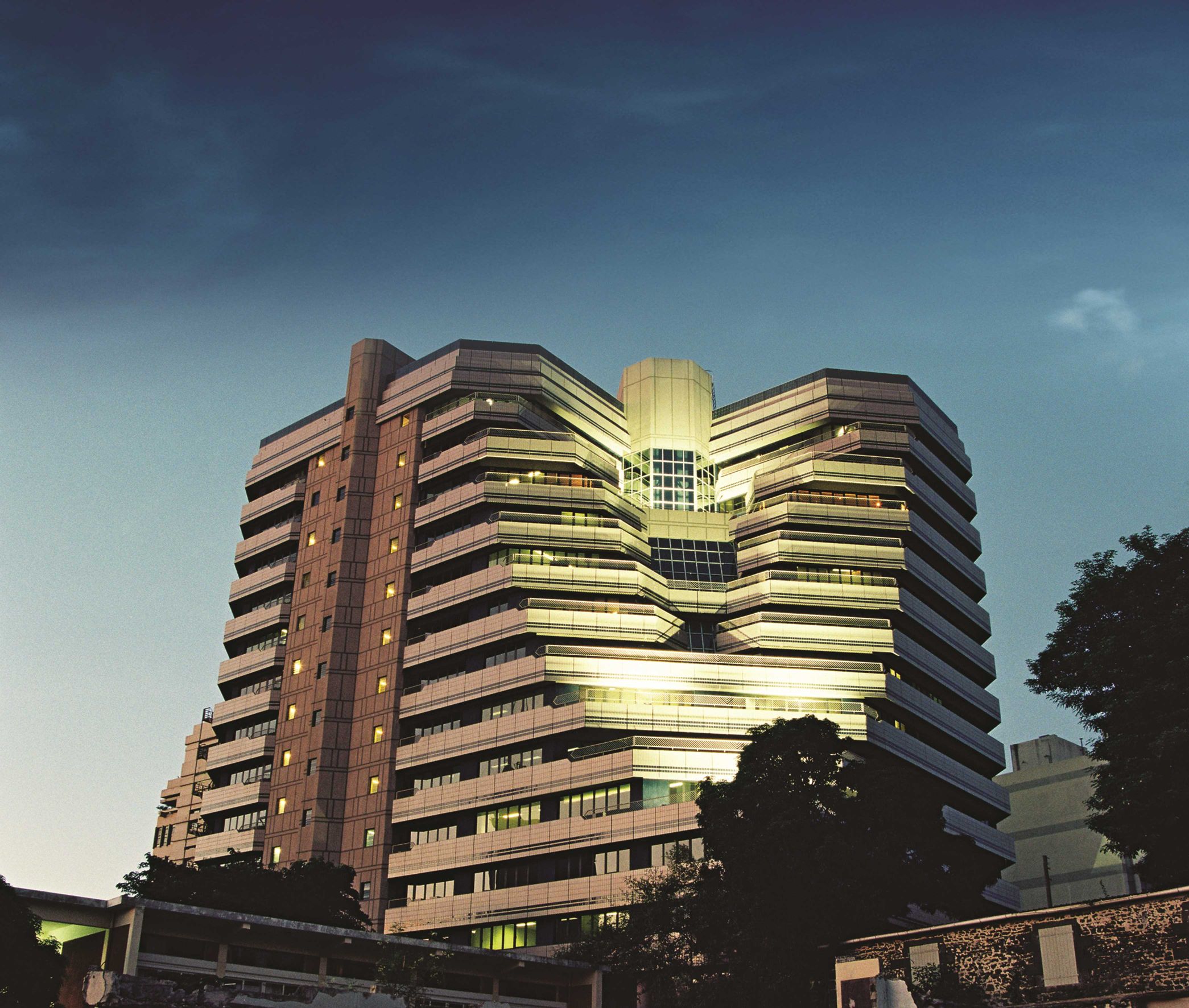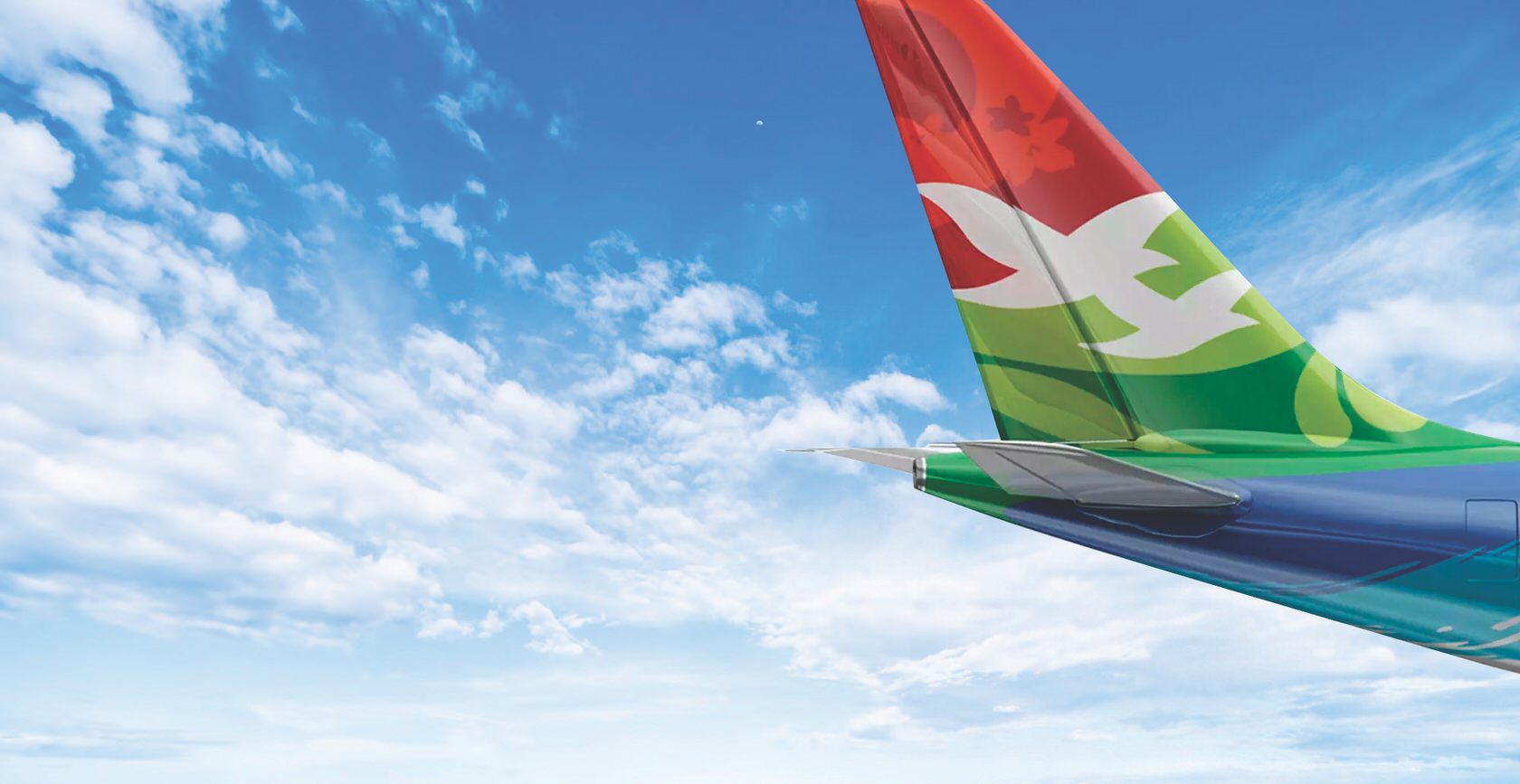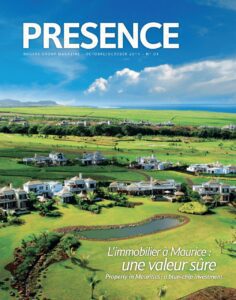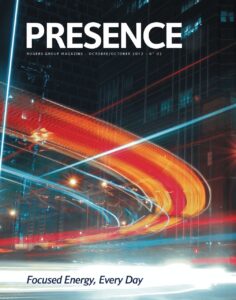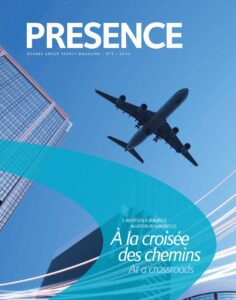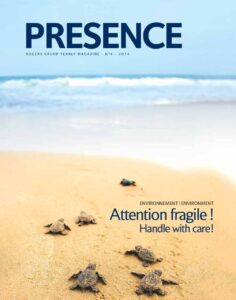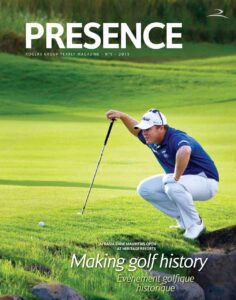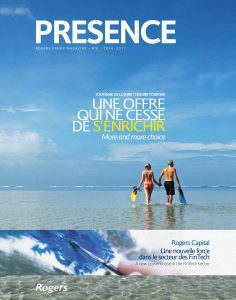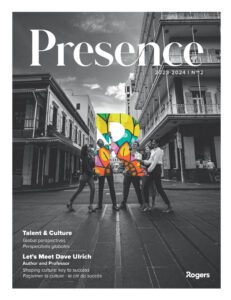A dynamic insurance sector grew by 4.5% in 2011 and contributed 3% to Mauritius’ GDP. Strong competition means that it is necessary to make constant adjustments, hence the decision of Rogers and the Swan Group to merge their operations in order to create a major force on the local market and to provide themselves with the muscle to expand internationally.
photos : rogers image bank | manoj nawoor
The Mauritian insurance market is evolving fast. According to statistics from the regulatory body, the Financial Services Commission, general insurance company total assets and the volume of gross premiums have followed an upward trend in recent years. The market for life insurance, where pricing is critical, has also been growing.
Rogers has a well-established presence in this sector through the Albatross Insurance Co Ltd. The activities of this company, first founded in 1975 by Hardy Régnard Ltd, were split in March 2010 into two separate entities – Cim Insurance and Cim Life – in order to conform to the requirements of fresh legislation. Rogers took a major new step on 30 June 2012 by joining forces with a market leader, the Swan Group. The integration of Cim Insurance’s general insurance activities within those of Swan Insurance and the merger of Cim Life’s life insurance activities with those of The Anglo-Mauritius Assurance Society have reinforced the Group’s positioning in the insurance sector. Rogers now has a 22.7% shareholding in Intendance Holding Ltd, which controls both the Swan Insurance Co. and The Anglo-Mauritius Assurance Society. As part of this merger process, the fund management and brokerage activities of Rogers and Anglo-Mauritius Financial Services were brought together under the control of a new Swan subsidiary, Anglo-Mauritius Investments Ltd, in return for a 20% Rogers stake in the new company.

Louis Rivalland, the Swan Group’s CEO, explains: “The insurance sector is highly competitive, hence the need to be better armed and to have access to a greater skills bank. This merger, therefore, enables the two entities to unite their forces within one company to provide them with greater muscle, talent and resources to be able to conquer new markets both locally and internationally. Our rationale is to continue to offer a better service than others by combining the two entities’ competencies.” Rogers and Swan independently were already major market players. Now, with some 35% of the market in general insurance and nearly 20% of the life insurance market as a result of the merger, the Swan Group has been considerably strengthened.
“This merger,” Louis Rivalland continues, “represents a positive development for the companies involved. They can improve their positioning and broaden the scope of their activities in order to be more competitive and better equipped to deal with a constantly changing environment. We have a shared vision of our positioning and our international development. Through this merger, it means that we are able to join forces in improving our response to the expectations of our markets and to become the benchmark for non-banking financial services.”
Customers for insurance products should also benefit. “In the light of constant market developments, our products and services must be those that best meet customer requirements. Combining our resources and our technical expertise enables each entity to benefit. It is a major advantage which we can exploit to facilitate the enhancement and continuous development of new insurance products, adapted to the needs of the various market segments.”
Existing Cim Life and Cim Insurance policy holders can rest assured that the merger in no way affects the way their current policies will operate right up until the term date. “In fact the opposite is the case. As a result of the merger, customers will be able to benefit from an even more specialised service.”
Swan’s CEO also explains that recent mergers and those still taking place in the insurance sector are not likely to result in an uncompetitive amount of consolidation. He rather sees it as reflecting the fact that the number of companies is set to decrease as some of them need to strengthen their capital and optimise their main distribution channels. “That can only serve to have a synergistic impact on the standards of services offered to customers and strengthen the dynamics of the insurance sector in Mauritius.”
He also emphasises that the presence of too many insurance companies in a limited market can also lead to premiums falling below the real risk level. “Such a situation can be to the detriment of the quality of assurances offered and the service to accident victims, with the direct result that an insured finds himself with inadequate insurance.”
“One of the main issues for our Mauritian network is to be able to evolve in a more professional and financially sound market. We continue to offer various and innovative forms of cover, which have the direct effect of naturally creating a dynamic encouraging and sparking competition. Moreover, the sector makes a positive contribution to the growth of the Mauritian economy and aims above all for local and international growth.”
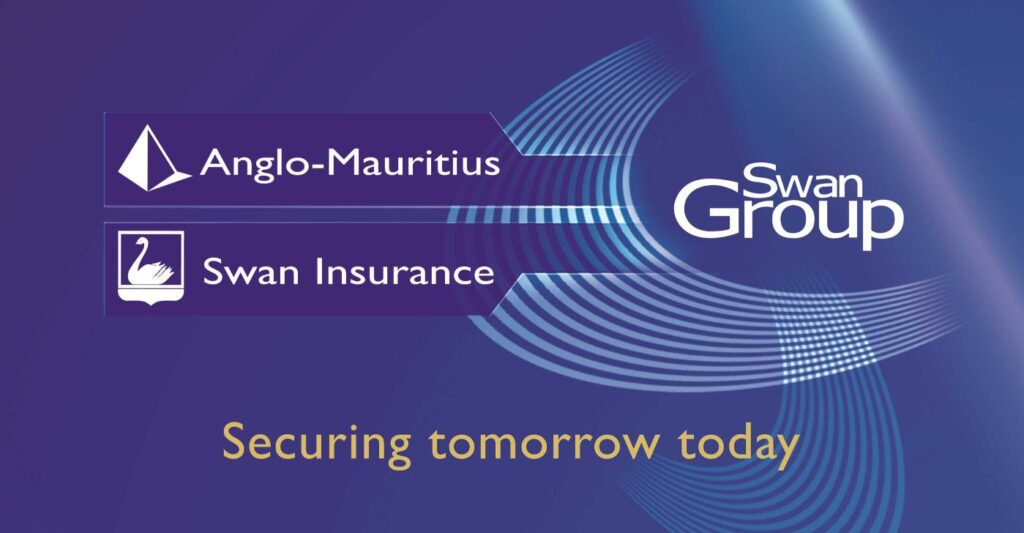
A century and a half in the insurance business
The Swan Group is a market leader in Mauritius with after-tax profits of some Rs213 million (about € 5.5 million) in 2011, an increase of 4.3% over the previous year. The company dates back to 1854 when The Mauritius Fire Insurance Company Limited was founded, to be followed 17 years later by The Colonial Fire Insurance Company Limited. The two companies were taken over by the Swan Insurance Co Ltd in March 1955, and it is through the latter that the Group is currently represented in the general insurance market. Its life insurance activities are in the hands of The Anglo-Mauritius Assurance Society, in which Swan Insurance has been the majority shareholder since 1972.
Market configuration
In conformity with IAIS (International Association of Insurance Supervisors) standards, Mauritian legislation (Insurance Act 2005) requires insurance companies, other than professional reinsurers, to separate general and life insurance activities in order to protect insurees’ interests.

